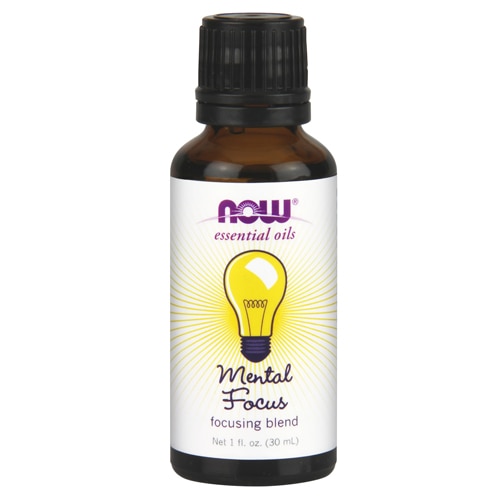The kids are screaming for cereal, the boss wants that presentation done yesterday and you are wracked with guilt over not having been to the gym in a week.
If the crazy pace of the modern world has your mind spinning out of control, science says a little meditation can help.
A study out of Trinity College Dublin in Ireland finds that meditation and breathing exercises can help sharpen your ability to focus. Researchers say breathing itself – a key part of meditation -- helps the brain grow new connections.
The study is just the latest to suggest that meditation can help people cope with whirlwind of daily life.
Kenton Yeager, president of the American Meditation Society, says many people feel unsettled and angst-ridden because their minds alternate between focusing on the past – which brings up regrets – and ruminating about the future, which triggers fears.
“So, most people just unconsciously live in either regret for fear, without even knowing it,” he says.
Meditation prevents practitioners from living their lives “backward or forward” and instead keeps them focused on the moment at hand.
“When they’re in the present moment, then nothing is wrong,” he says. “Because you’re right here, right now.”
Benefits of meditation
The Trinity College researchers found that meditation impacts levels of noradrenaline, a natural chemical messenger in the brain.
Stress causes you to produce too much noradrenaline, while sluggishness causes you to produce too little. In both cases, the result is an inability to focus.
However, meditation appears to help practitioners achieve noradrenaline levels that make emotions, thinking and memory clearer.
Meditation has other benefits. Many people turn to meditation to reduce stress, Yeager says.
“Stress just beats up the body in a thousand different ways, from blood pressure to skin,” he says. “Everything is adversely affected by stress.”
Studies also have shown that people who meditate may actually live longer, Yeager says. “Again, they’re not bringing that stress in and wracking the body with it,” he says.
Learning how to meditate
While Yeager says there are great books and apps that can help people learn meditation, he strongly advocates finding a certified meditation professional to help start you on a journey to mindfulness.
“Meditation is a tremendously personal thing,” he says. “Many people have never really sat with themselves before. So, it can bring up difficulties, bring up things you haven’t thought about in a while.”
A teacher can both provide proper meditation techniques and help you process any feelings that might arise, Yeager says.
However, finding the right teacher is key. Too many people simply go to a yoga instructor who tells them to clear their minds, he says.
“You can’t clear the mind -- it’s a ruthless thinking machine,” he says. “A lot of people come to me and say, ‘I tried to meditate, and I just can’t.’ Well, then you were given improper instruction.”
Avoiding mistakes when meditating
When you first begin to meditate, it’s natural to make mistakes. Some of the most common are:
Trying to sit too long at the beginning. Yeager says the American Meditation Society recommends sitting and meditating twice a day for 20 minutes. “But when you’re starting, that can be very hard,” he says.
It’s more important to build a consistent practice, even if you only sit for five minutes a day. “You’re building the habit of sitting, and then you can increase the amount of time,” Yeager says.
Trying to meditate on your own. Practicing on your own can be isolating. Yeager recommends trying to find a group of people to sit with. “That group helps keep your practice going,” he says. “It gives you a kind of meditation family, which is nice.”
Being too hard on yourself. Some people beat themselves up for forgetting to meditate. Others simply set standards that are too high. “Meditation should always be effortless,” Yeager says.
In most cases, it also should be fun. Yeager encourages you to simply enjoy a few minutes with yourself – even if that simply means closing the door to your office for a moment and counting your breath. “It’s shifting the mindset to that this is a gift, not a chore.”




